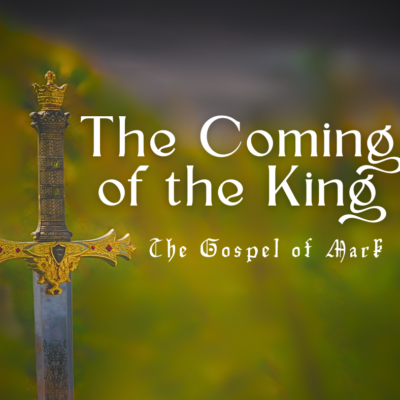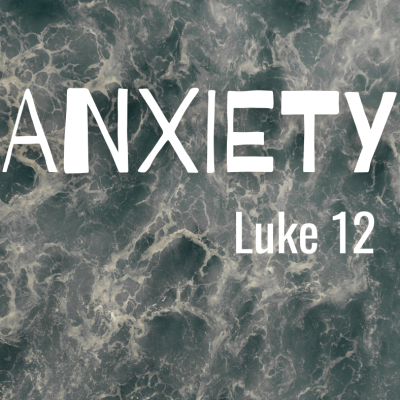Sermons by Rev. Tony Garbarino (Page 5)
And after six days Jesus took with him Peter and James and John, and led them up a high mountain by themselves. And he was transfigured before them, and his clothes became radiant, intensely white, as no one on earth could bleach them. And there appeared to them Elijah with Moses, and they were talking…
In our fallen nature, we want the crucified saviour without the cruciform life. But in our union with Christ, God has ordained that our path will be the path of his beloved son. If we are his and he is ours, our lives will pattern his life: and that pattern is suffering and then glory, the cross before the crown.
What is this leaven of the Pharisees? Christ leads his disciples through a catechism of questions to bring them to the understanding. Like the man partially healed, Peter confesses Christ, but it’s clear he only had a partial perception. Turn now to the Gospel of Mark. Gospel of Mark, chapter eight. I’m starting at verse…
Mark is impressing upon us in this passage, that the crowd is made up of two different groups of people. Those of Israel, and those who are far-away ones. In this sermon, Pastor Tony unpacks Christ’s costly compassion on the 4,000. Christ has this mixed crowd–Jew and Gentile–recline at a wilderness table together, and satisfies…
We’ll finish up the section from last week before we return to the gospel of Mark. There’s some significant things coming up in the gospel of Mark that we want to give attention to, but we’ll finish up this wonderful passage regarding the fear and the anxiety and the symptoms of those things and the…
What is it that you’re afraid of? You’re all aware of that there are many, many different phobias that people have listed that have been written down and catalogued by psychologists even. And I don’t mean the lying language that people use to label someone who is not afraid of a certain thing, but someone…
Though this Syrophoenician woman thought herself of a low estate–and those around her would’ve agreed, Christ deems her worthy, not of dog food, but of true spiritual meat: faith. Here we see the heart of Christ as he reaches out to those of low conditions.
Who should receive the sign of baptism? What can we learn from Paul’s first epistle to the Corinthians about the relationship between Noah’s flood, the Exodus, and the New Testament sign and seal of baptism?
In this section of the Gospel of Mark, Christ walks on water and charges his disciples to be fearless in the face of danger. How can this lesson be applied to us in the church-age?
Mark chapter six, starting at verse 30. Mark six. Verse 30, before we, if you’re reading about the Word and it’s preaching and it’s accepting, that’s the word of blessing on those hands. God, let’s pray together. Heavenly Father, we come again before you. We just wanted to hear from you. We praise you that…





